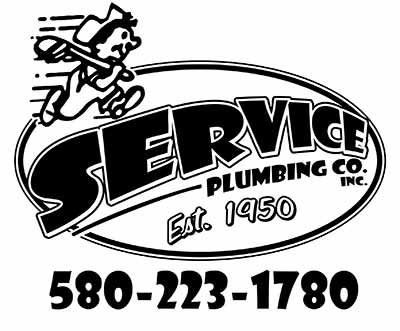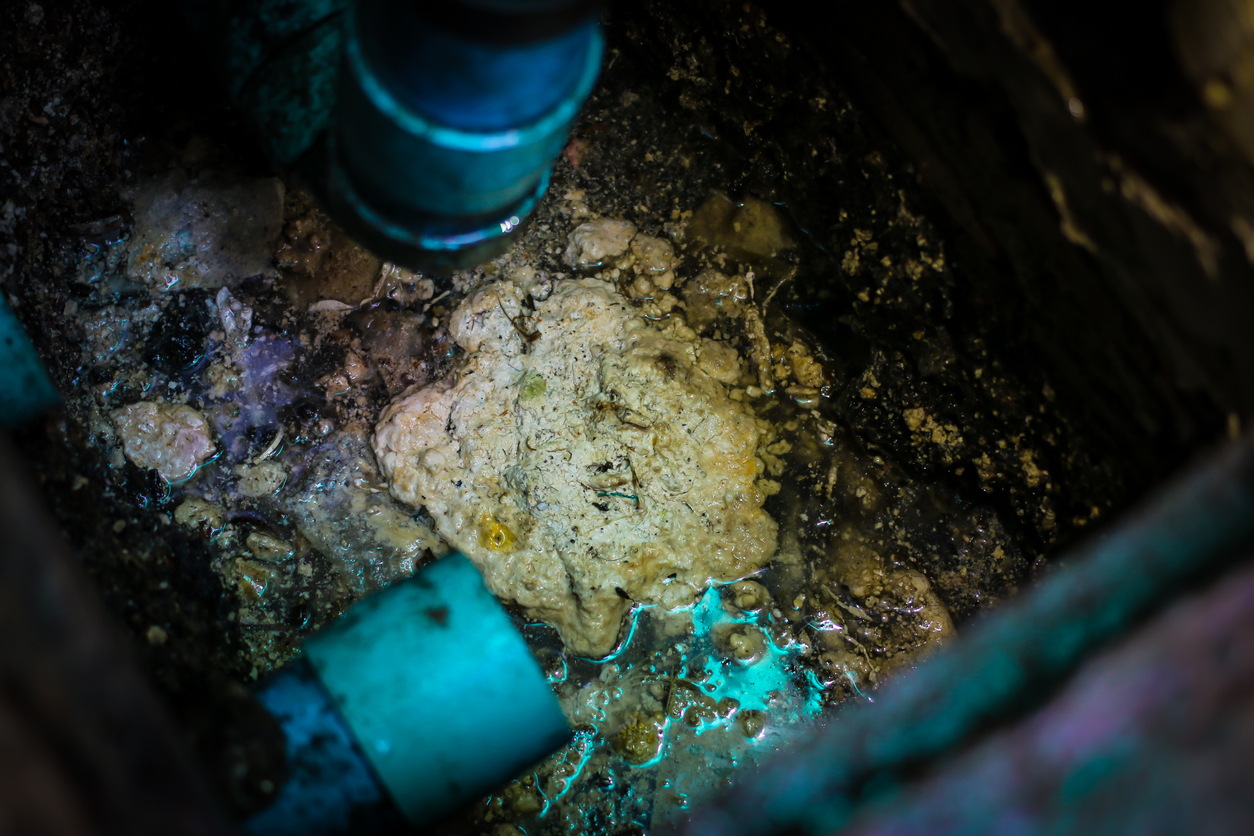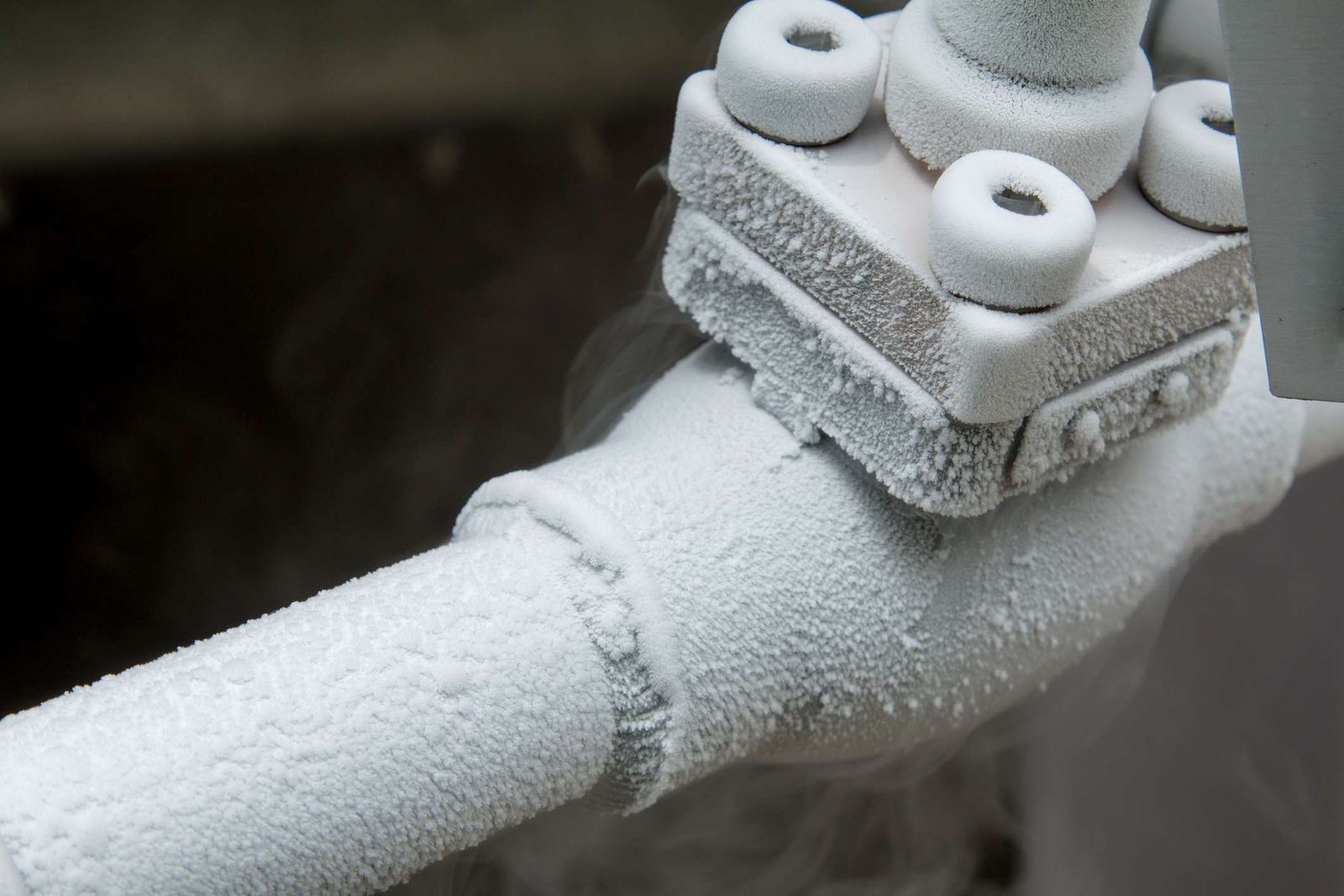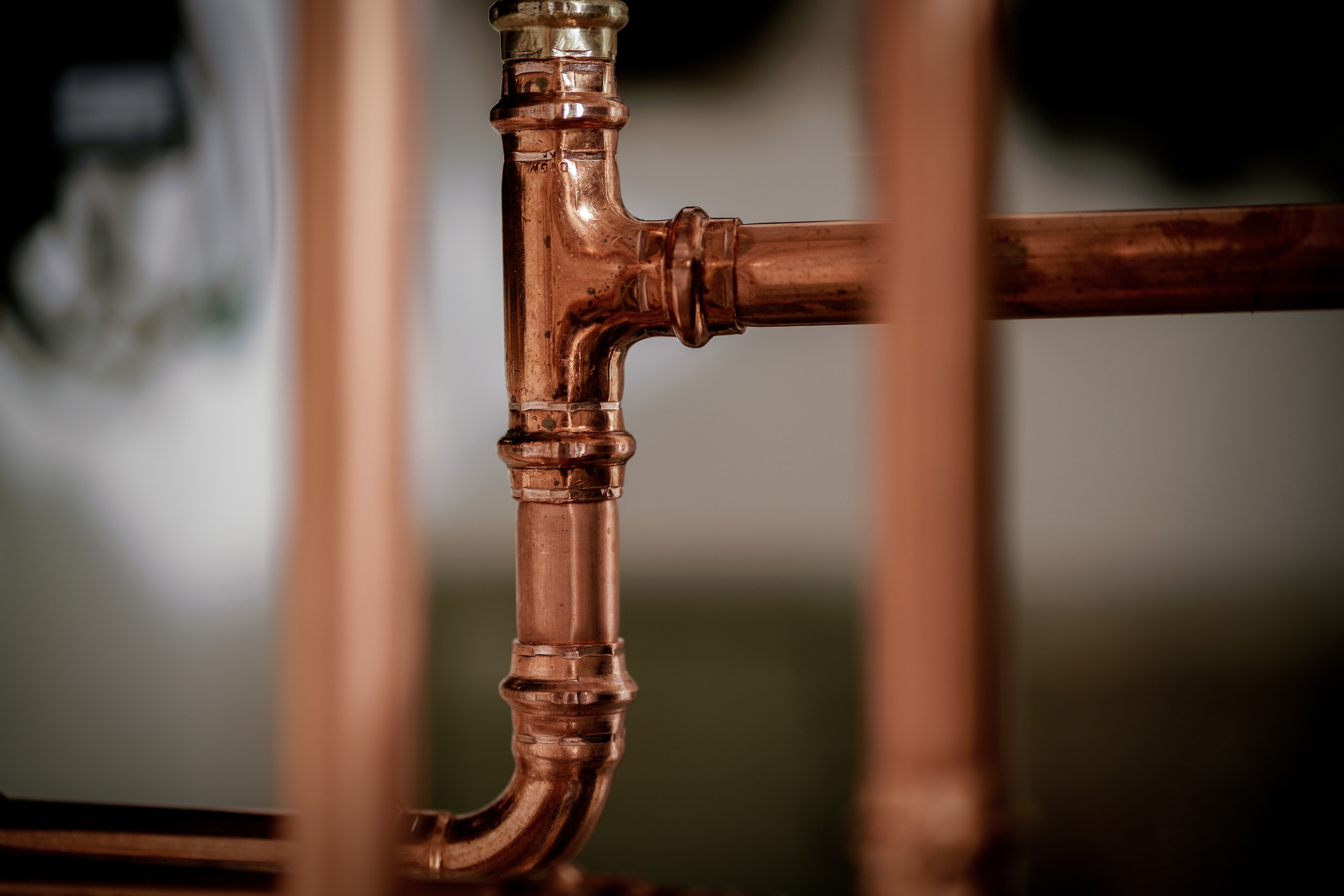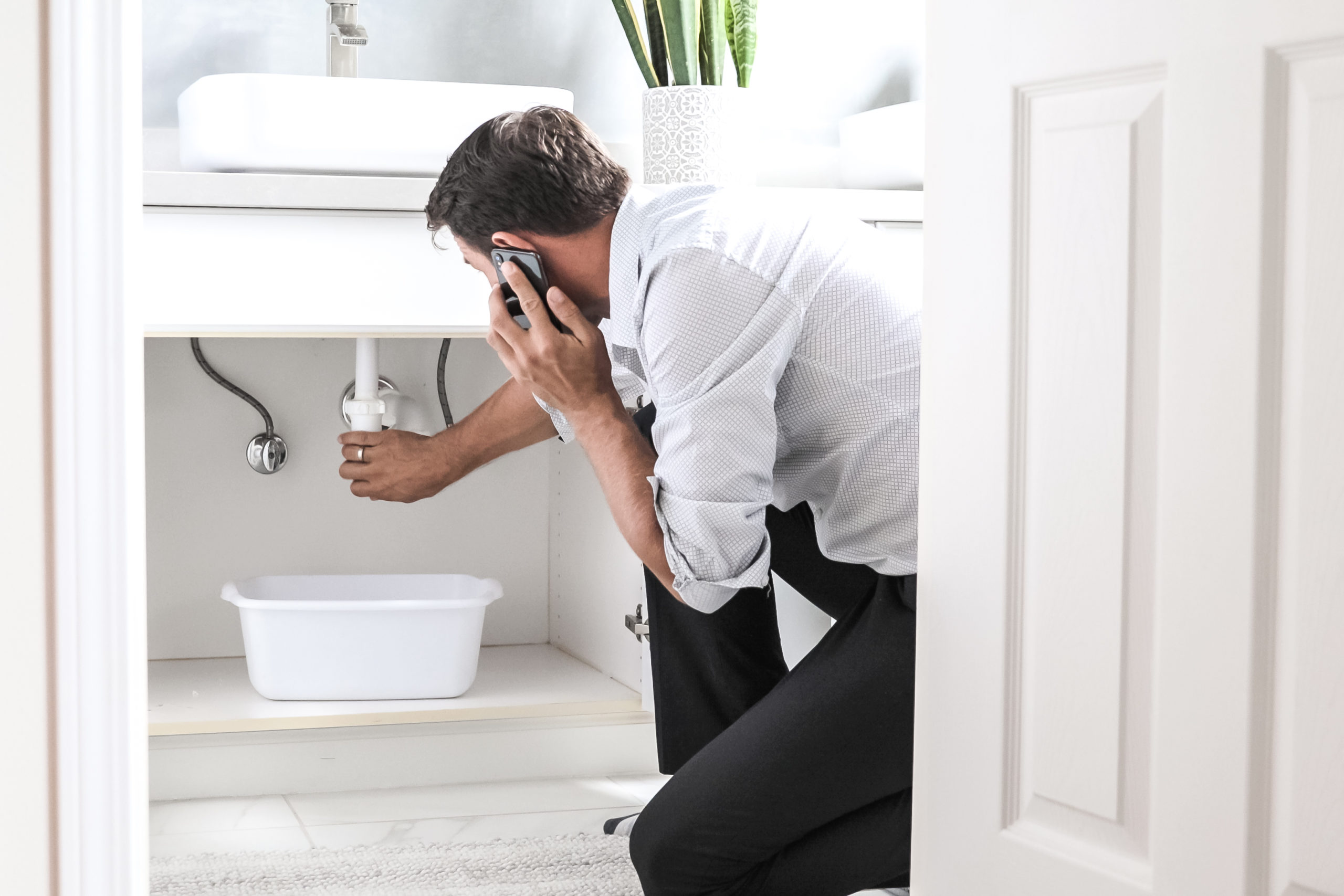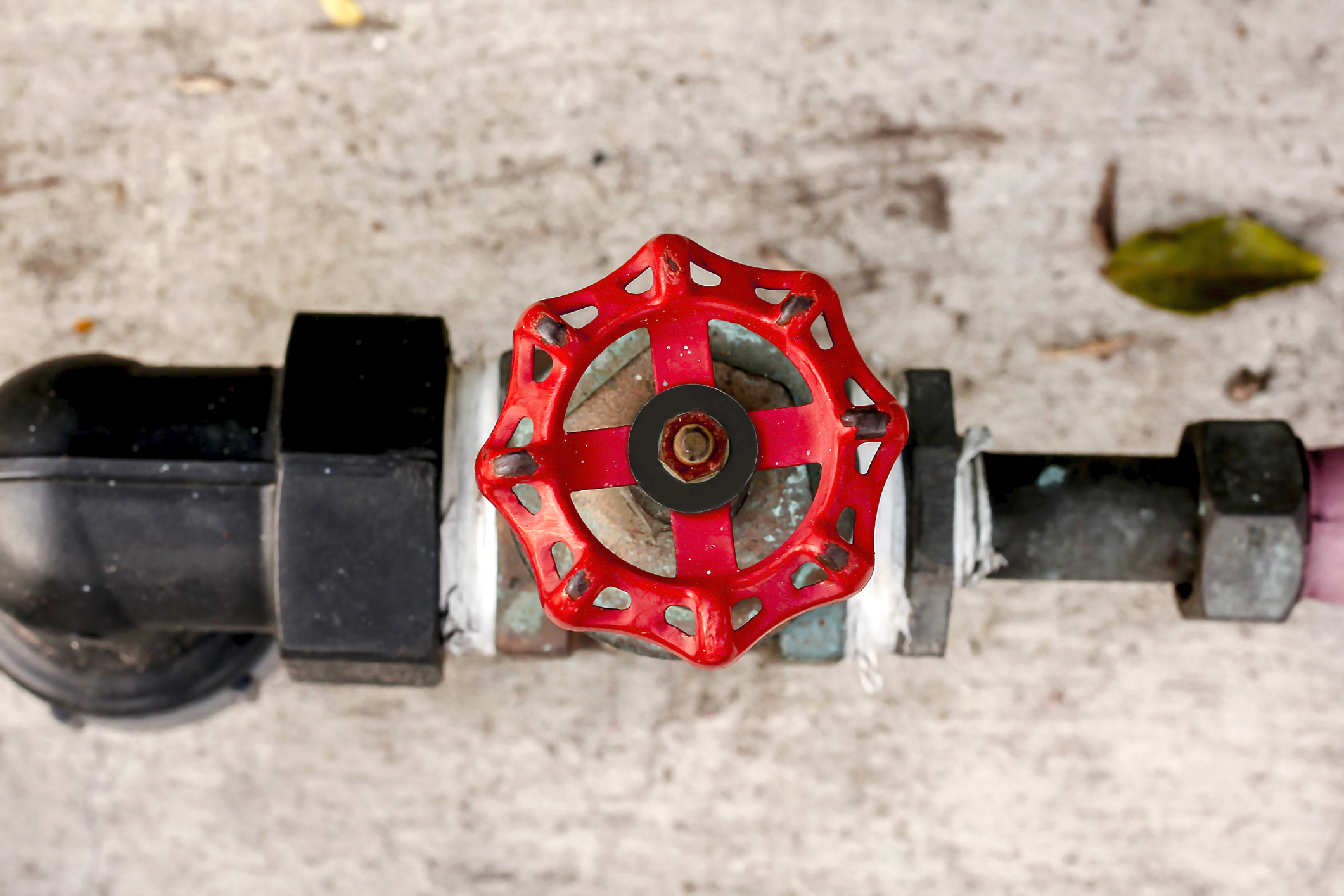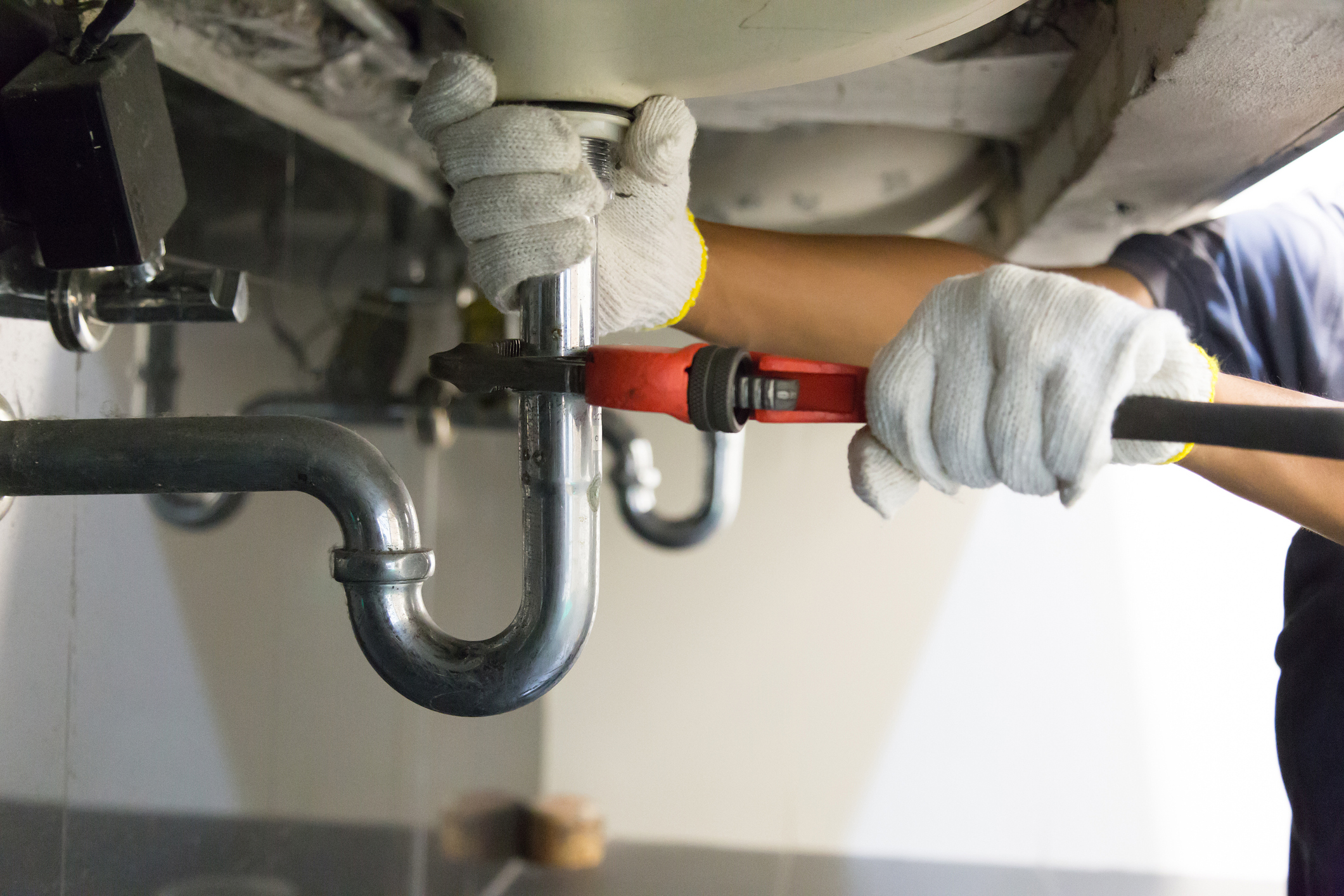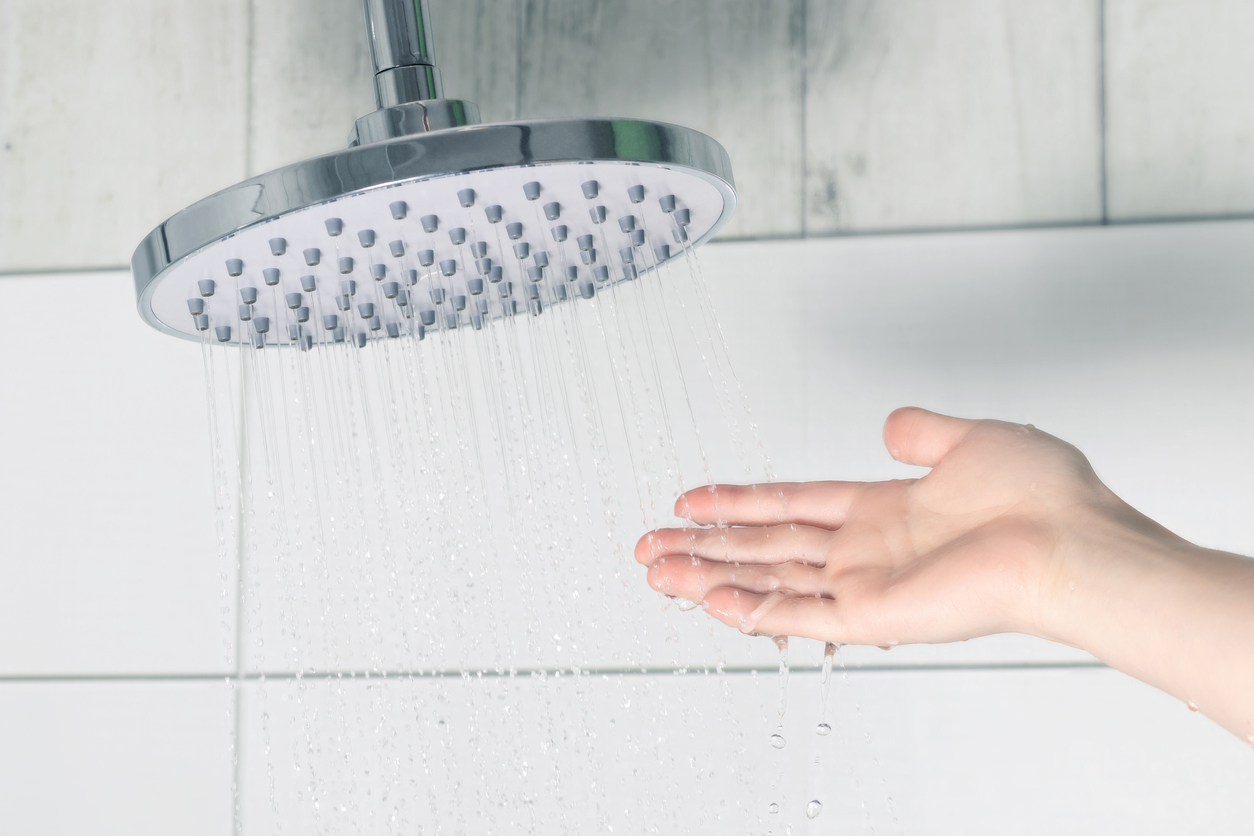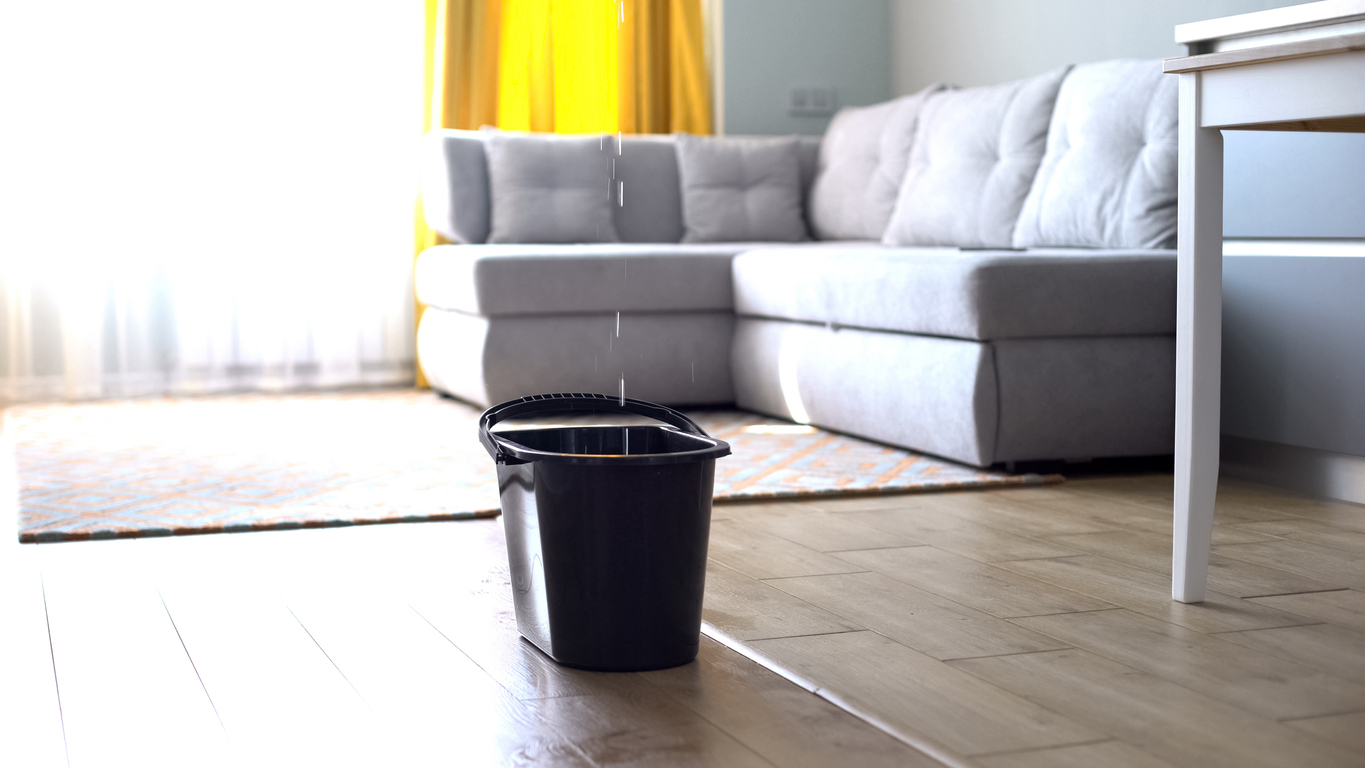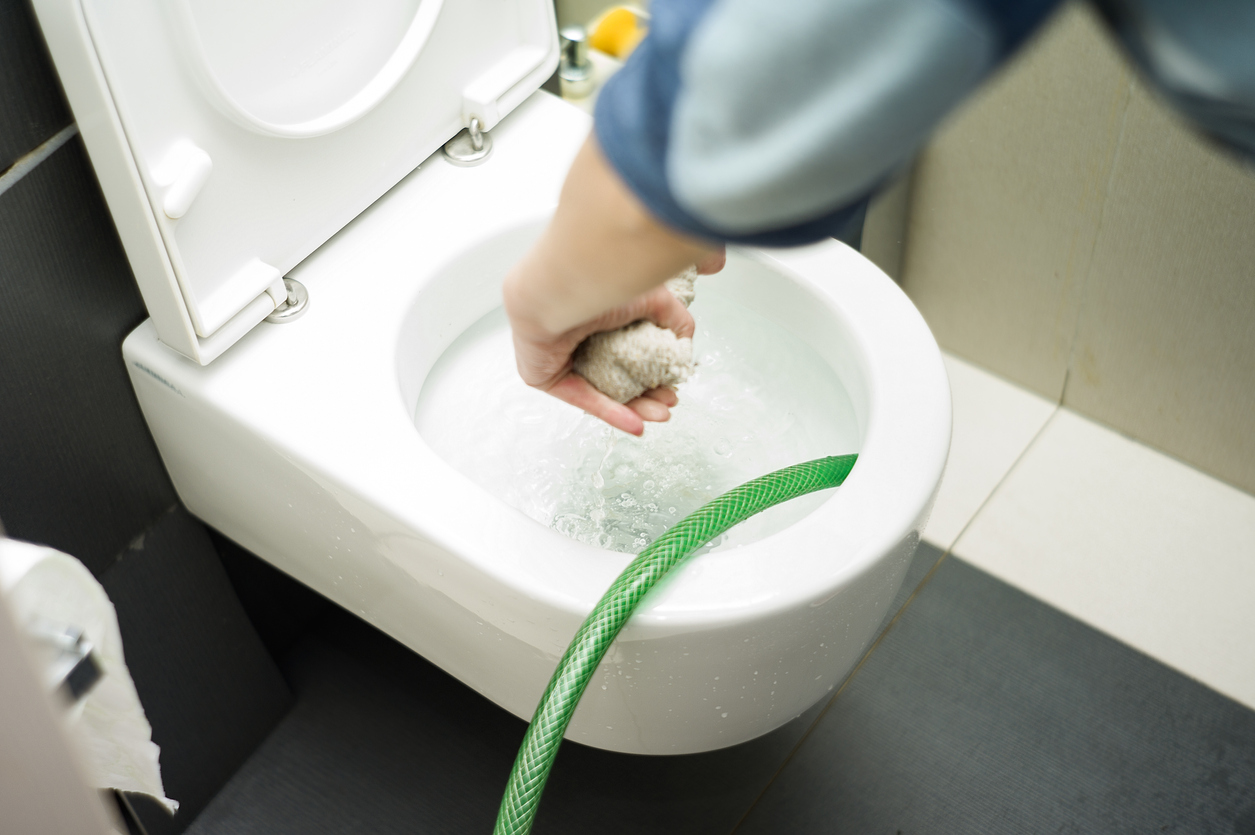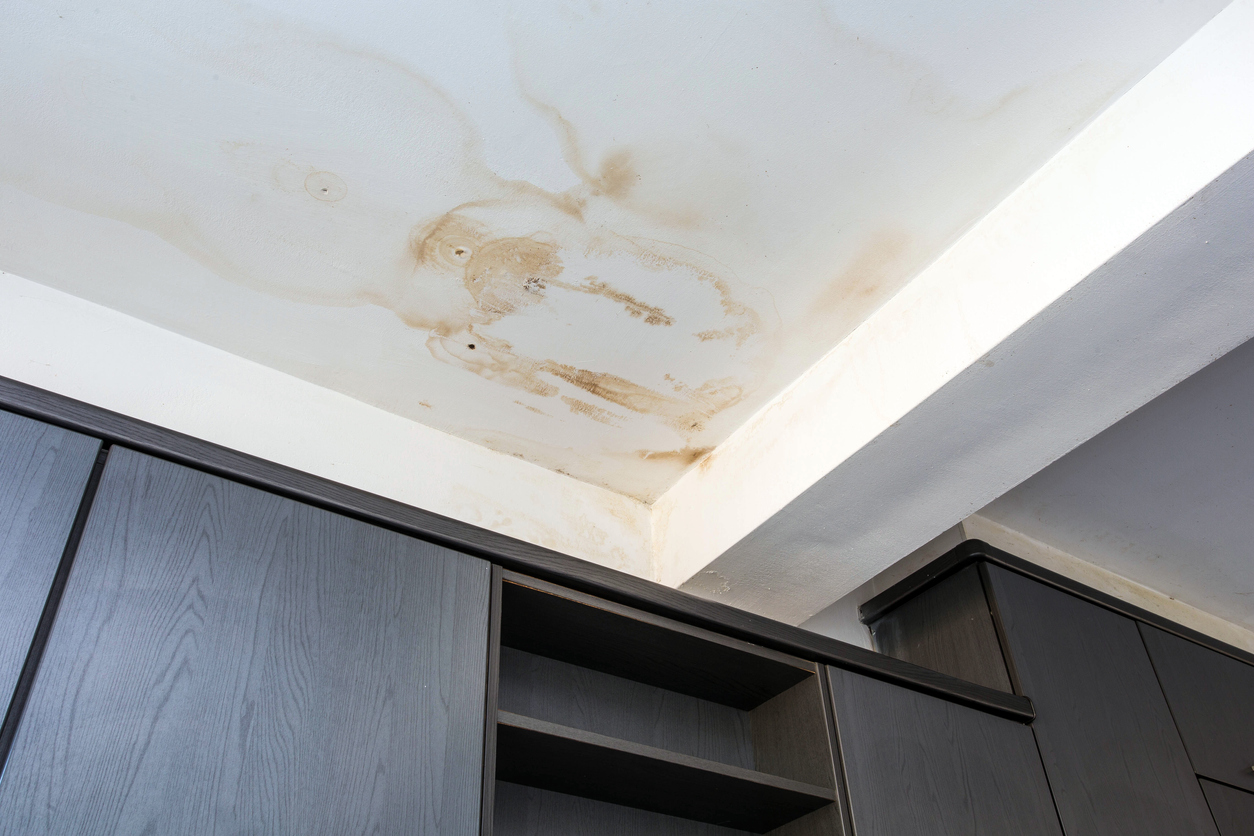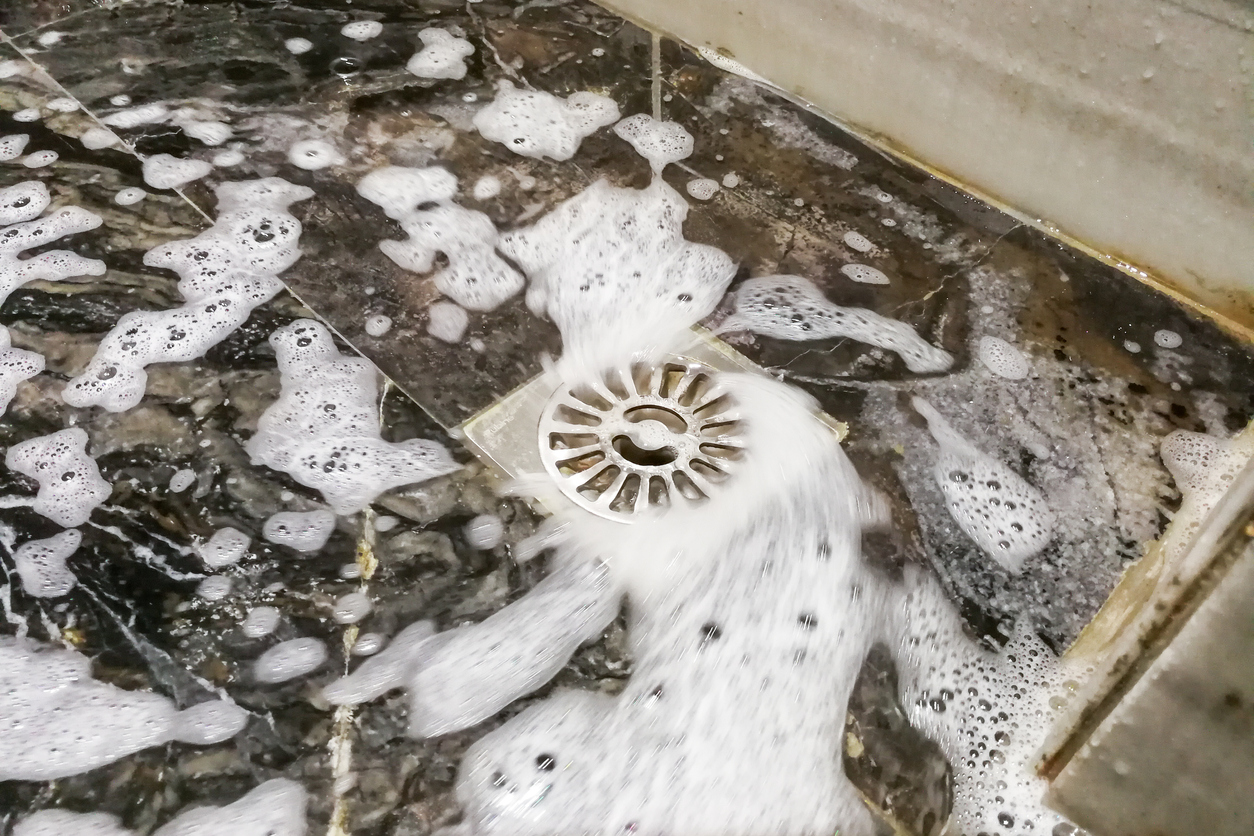When a sewer pipe backs up, it causes a major issue for homeowners. Sewer backups can be caused by anything from large tree roots to improper cooking grease disposal. In this guide, we’ll go over some of the most common causes of clogs, how to fix them yourself, and sewer repair.
Age Of Your Plumbing
It is common for homeowners to have plumbing that has been in place since the home was first built. Homeowners know this, but they often neglect to check their pipe health.
As your sewer line ages, it can become corroded and suffer damage from tree roots or other environmental factors like flooding events. If you suspect that your pipes are aging faster than expected, you should have a professional come out and check them out.
Tree Roots
The most common cause of sewer backups is tree roots invading your pipes. When these roots enter the pipe, they can multiply over time which will quickly clog up any space that it encounters.
If this happens in or around your home’s drainage system, you can expect to see backups in your basement, bathroom, or kitchen. To prevent tree roots from invading your sewer line, be sure to trim any nearby branches and keep an eye on the growth of trees near your home.
Improper Disposal
When homeowners improperly dispose of materials down their drains, it can often lead to clogs. This is especially true when it comes to cooking grease, which can quickly accumulate and harden in your sewer line over time. To avoid this, you should dispose of cooking grease in the trash instead.
Cracked Sewer Pipes
If you have recently seen any cracks in your sewer line, it could be a sign of an issue with the material. Cracks can lead to rusting or corrosion which will cause clogs over time if it goes untreated. If this happens, you should contact a professional immediately, and they will come out and inspect for damage or potential repairs.
Combined Pipelines
Many houses have a combined sewer line that connects to the main drain. This can cause backups if pipes between houses overflow or if one house, in particular, produces more wastewater than usual due to a large party, for example. You should be aware of your state’s laws regarding what you are and are not permitted to dump down your drains in order to avoid overloading the system.
Clogged Drains
If you are experiencing clogged drains, it can cause backups in your sewer line. This is often caused by food waste and debris that don’t break down properly over time. You should avoid putting things like grease, tea bags, coffee grounds, or eggshells into the drain because they will all contribute to a clog which increases your chances of a sewer backup.
Improper Maintenance
When homeowners fail to maintain their sewer lines properly, it can lead to backups over time. This is especially important if your mainline has deteriorated or corroded beyond repair. If this occurs, your best bet is to contact a professional who can come out and replace the pipe before it deteriorates further without causing damage to other parts of your home.
Severe Weather Conditions
Bad weather, such as heavy rains or flooding events, can also cause sewer backups. One way to help prevent this from happening is by installing a backwater valve that will stop the flow of water from coming back into your home in case of severe flooding. If your home is located in an area known to experience these types of conditions, it’s essential to be prepared and have a plan in place if this happens.
Illegal Plumbing Connections
Illegal connections to your sewer line can also result in backups. This is common when homeowners, for example, connect a washer or dryer to their sewer pipe.
This should be avoided because the extra flow will put too much strain on the system, resulting in clogs and overflows. Rather than making an unauthorized connection, you should hire a professional to come out and install the proper hookups for your appliances.
Common Signs of a Sewer Backup
If you experience sewer backups, certain signs will give it away. This could include an unusual amount of water in your basement or around the property, foul odors coming from drains and toilets, murky-looking wastewater backing up into sinks and tubs when trying to flush them, etc. If any of these things happen to you after flushing a toilet, it’s best to call a sewer repair professional right away to help you diagnose and fix the issue.
How to Prevent Sewer Backups in the Future
In addition to knowing the common causes of sewer backups, it’s essential to understand what you can do to prevent them as well. Some things you can do include:
- Regularly clean your drains with a plunger or drain snake
- Avoid putting food waste down the drain
- Periodically inspect your sewer line for any cracks or damage
- If you have a mainline that is in poor condition, contact a professional to replace it
- Install a backwater valve if you live in an area that is known for flooding events
- Avoid making illegal connections to your sewer line, such as washing machine or dryer hookups
If you experience heavy rains in the area where you live, make sure to clear any debris away from catch basins around your property so that water can properly drain during a storm.
When you notice that your sewer line is backing up, it is vital to address the problem immediately. If not dealt with quickly, backups can cause severe damage to your home and property.
It’s best if homeowners try to fix problems themselves before calling in a professional because they may be able to deal with more minor issues without needing an expensive repair.
If you are experiencing sewer backups regularly, it is best to contact a professional to help identify and fix the problem. For more information about preventing and fixing sewer line backups, please visit our website or give us a call today.
Sewer Repair In Ardmore, OK
For more information about preventing and fixing sewer line backups, please visit Service Plumbing Co. Inc. or give us a call at (580) 223 1780 today. Our experts are here to help you get your home back in order! Please visit our blog today to learn more about the most common causes of sewer backups and what you can do to prevent them. Our team is here to help you keep your home and property safe from damage.
